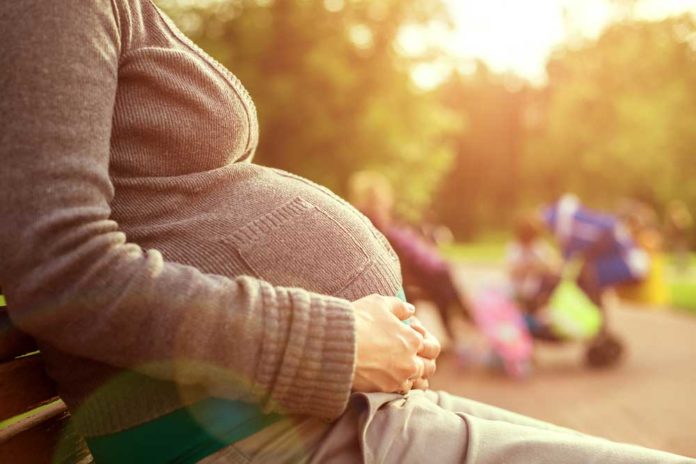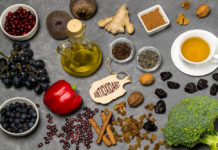Vegan Pregnancy Diet
Though all nutrients contribute to a healthy pregnancy, the ones identified below are vital to both mom and fetal development and oftentimes limited following a vegan diet.
Protein
Protein requirements heighten during pregnancy, with the recommendation of at least 71 grams per day to help build cells and produce hormones essential for growing baby. While protein is mostly associated to animal meats and products, valuable plant-based sources include tofu and tempeh, beans, quinoa, lentils, soy milk, nuts and seeds.
Calcium
Pregnant women are encouraged to obtain 1,200 mg of calcium per day, as the mineral is absolutely critical for developing strong bones and teeth, along with supporting muscles, nerves, and the heart. Though predominantly found in dairy products, fortified orange juice, almonds and unsweetened almond milks, soybeans and soy milk, and green leafy veggies are also considered valuable sources of calcium.
Vitamin D
Vitamin D is also vital in building and maintains healthy bones, as the vitamin helps facilitate the absorption of calcium. A deficiency in the vitamin can also cause rickets, a condition that causes bones to soften and weaken, which may lead to stunted growth and skeletal deformities. Sun exposure offers vitamin D, with vegan-friendly food sources including fortified cereal, bread, soy milk, and orange juice.
Iron
Iron is critical in supporting the increased blood volume in pregnancy, also moving oxygenated blood throughout the entire body and to baby. Additionally, low iron and the development of anemia risks premature delivery and a low birth weight. General recommendations encourage women to obtain at least 30 milligrams of iron per day. Beyond iron mostly associated to red meats, the mineral can also be found in iron-fortified oats and ready-to-eat cereals, lentils, pumpkin seeds, soybeans and products, dried fruits, seaweed, and spinach. Increase the absorption of iron by pairing with vitamin C-rich sources, including oranges and orange juice, peppers, peaches, and kiwis.
Folate
Women of childbearing age should consume 400 milligrams (mg) of folate per day related to the association of neural tube defects and inadequate folate intake during early pregnancy, with the recommendation stretching throughout the entire gestational period. Beans, lentils, chickpeas, dark green veggies are considered natural sources, though folic acid also often enriches pasta and bread products.
Vitamin B12
Along with folate, vitamin B12 deserves considerable consideration related to its importance in proper fetal development, red blood cell formation, and genetic buildup. Deficiency of B12 is mostly rare, but heightens in individuals following a vegan diet, as the vitamin is primarily found in animal products. Women are encouraged to obtain an approximate three micrograms of B12 per day by consuming fortified soy milk, cereals, meat substitutes, and nutritional yeast.
Additional Safety Considerations
In addition to the specific nutrients, daily caloric needs increase based on trimester, including the rough estimates of 1,800 calories per day during the first trimester; 2,200 calories during the second trimester; and 2,400 calories during the third trimester. And considering most wholesome plant-based sources tend to be lower in calorie, offering healthy fats in the diet (think avocadoes, nuts and seeds, and vegetable oils) can help meet heightened caloric demands. But as an added plus of a plant-based diet, fiber needs are likely to be filled and lessen the risk of constipation!
Especially if focusing on a well-balanced diet and incorporating the nutrients described above, following a vegan lifestyle can be safe for both mom and baby. Healthcare providers tend to recommend a prenatal vitamin, though they can also help determine whether or not additional supplementation is needed. Consult with your primary care provider for further guidance regarding appropriate supplements and dosing recommendations.









